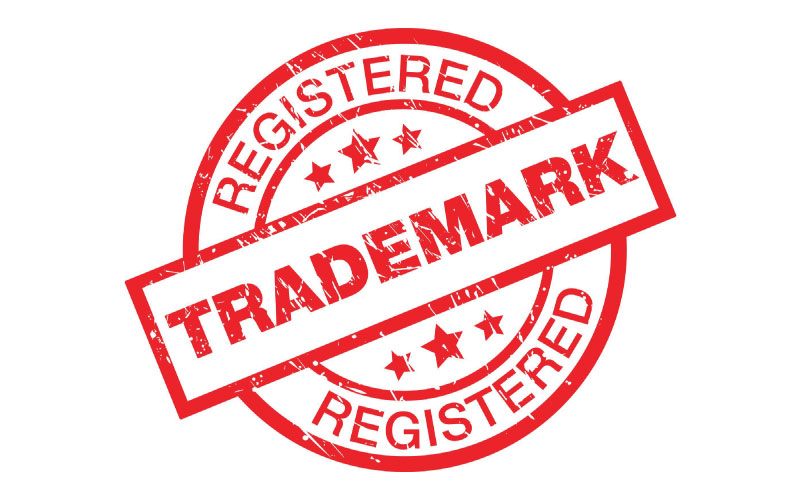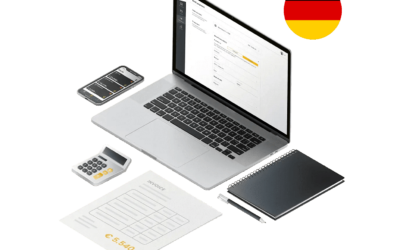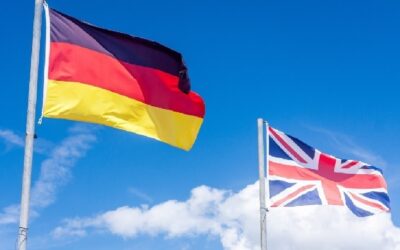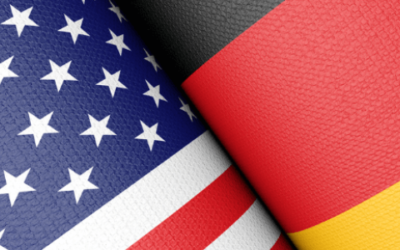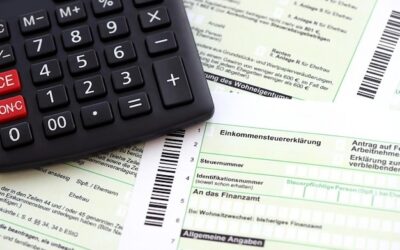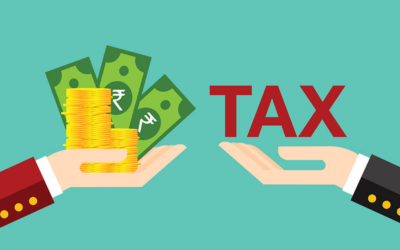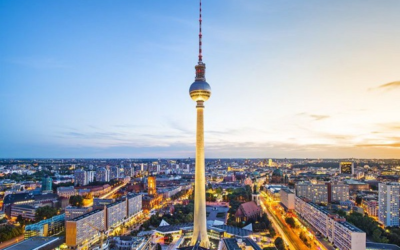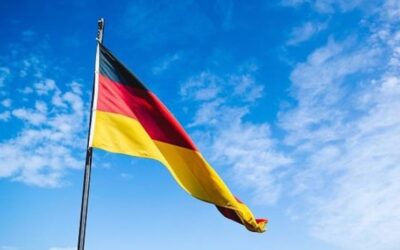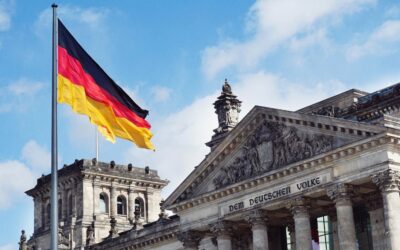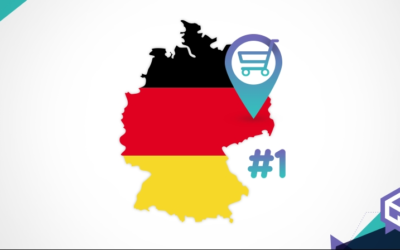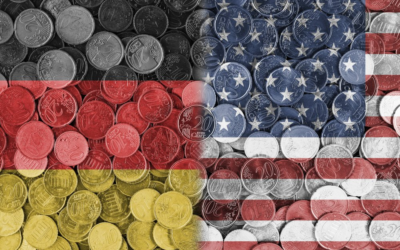Trademark organization for the company in Germany
A trademark is a symbol or a combination of both that allows you to identify products of a particular brand. Some entrepreneurs prefer to work under unofficial trademarks, but most of them face certain problems:
Financial losses. If a trademark is not registered, the law does not prohibit third parties from using it. In other words, anyone can produce products under the same name or with the same logo as you, successfully sell their products, and earn income from it – because consumers will be sure that they purchased the product from a familiar manufacturer.
Deterioration of brand reputation. The situation is often aggravated if the product produced by unscrupulous competitors is of dubious quality. Trust in the brand will be lost, sales levels will decrease, and proving the fact of counterfeiting can be very difficult and costly.
Deprivation of the right to a TM. Even if you independently developed a TM and have been using it for over a year, you may lose the right to use it legally without legal registration. This situation is likely if your competitor registers it first. As a result, you will have to start from scratch – create a new brand, develop a strategy for its promotion, change product packaging, and even register a domain name. All this is a huge expense, which will be many times higher than the cost of TM registration services.
Litigation. In addition to the fact that there is a risk of deprivation of the right to a trademark, the competitor who registered it first may sue you for unlawful use of the trademark. Sometimes, court hearings in such cases last for many months and cost tens of thousands of euros. And if you also lose the case, your costs will increase significantly.
Due to the unfavorable prospects of working under an unofficial trademark, it is still recommended that you register for it.
